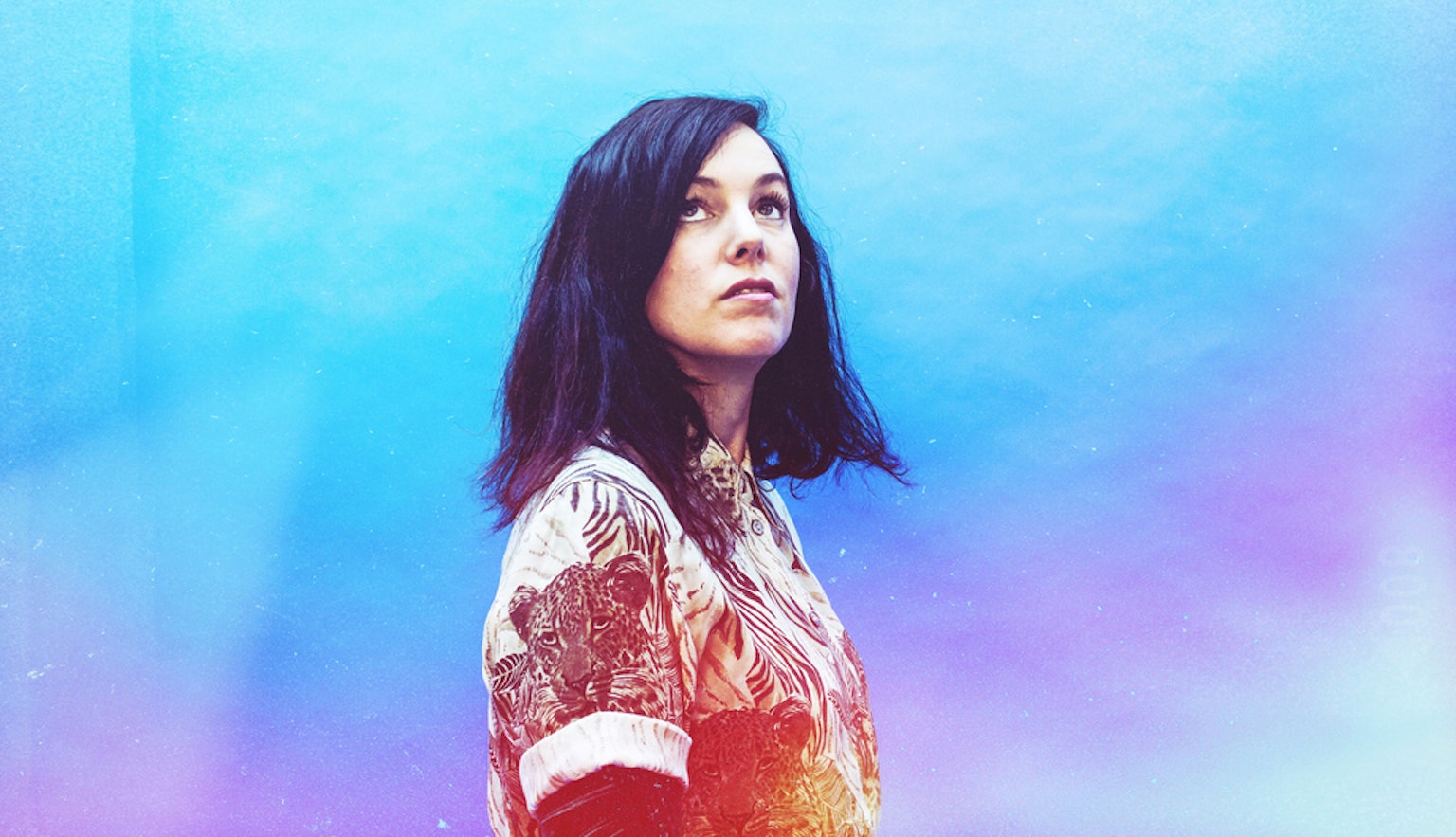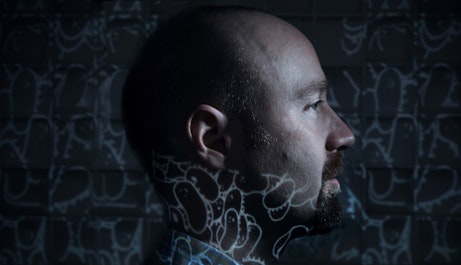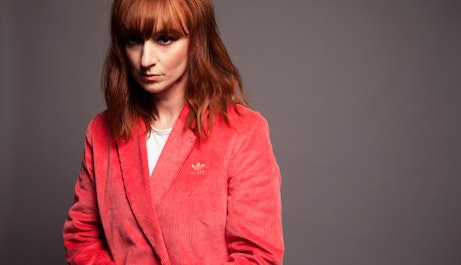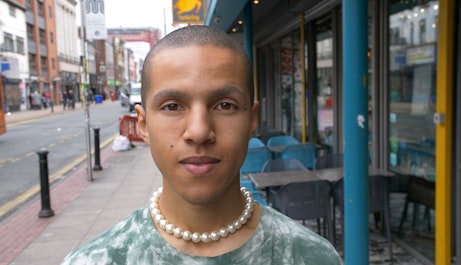“One of the most innovative voices in British Music” (Pitchfork), Anna Meredith (MBE) is a genre-crossing composer and producer whose work straddles the worlds of contemporary classical, art pop, electronica and experimental rock.
She’s delivered residencies for our past two gender equality programmes including Here Come the Grrrls in 2016 and Both Sides Now in 2018. Here, she discusses her creative process.
Denial
Don’t get too caught up in the pressures of a project – who’s going to listen to it, be marking it or there at a gig. I find all those worries don’t help you focus on what you think makes the music work. Write on your own terms.
Social Media
We all know it (though easier said than done) but getting too fixated or caught in the endless stream of Twitter/Facebook/Instagram or looking for a little compliment boost on something you post can be so destructive. While it’s of course important to keep people up to date with things that are happening, try to post stuff then leave it alone.
Learn Tech On Your Own Terms
It’s very easy to feel daunted by equipment or software you don’t feel you totally understand and say “I’m not good with technology” and leave it there. Find a really simple way that works to your strengths and leave it there!
Sure, the programme might be able to do 1000 other things but if you just want it to be say, a looper or an echo or for simple edits that’s great! For example, I use Sibelius, the classical notation programme to write my electronic music before going to specialist programmes like Ableton, only because that’s where my skills lie.
Find Your Friends
Having the support of other people who are also writing and experimenting is invaluable! Not only do you have immediate access to people to ask questions about their areas of expertise or try out ideas, but I find I feel more confident when I can see my friends writing interesting music and doing things on their own terms. I still have a bunch of friends from college who are the people I send bits of music to when I’m stuck on what to do next.
Have A Plan
When writing music I’m not one of those people who can improvise their way through a piece. I like to have a plan for the shape of the material. I do this by drawing a timeline and drawing graphic shapes to show the drama or storytelling of the material I’m working with. Then I’m sort of ‘auditioning’ my own ideas to fulfil the kind of dramatic shape I need them to be. Being able to stick this plan up on the wall and refer back to it while I’m writing means I don’t get totally lost.
"I still have a bunch of friends from college who are the people I send bits of music to when I’m stuck on what to do next."













